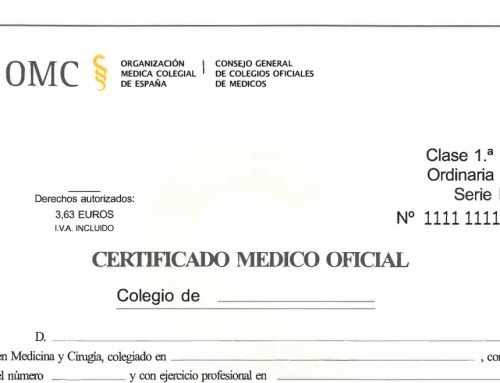Starting in November 2023, the European Commission will implement a US-style electronic travel authorization (ESTA) system for visitors from countries that are currently visa-exempt to visit the Schengen Area.
To date, citizens of 50 countries could access the Schengen area without requesting any permission and without a visa, however, the EU wants to strengthen its border security, as well as digitally control and track travelers entering and leaving the countries of the EU.
ETIAS stands for European Travel Information and Authorization System. The system will verify security credentials and charge a fee to travelers visiting EU member countries for business, tourism, medical or transit purposes.
The introduction of the ETIAS permit will not modify free transit (it is not a visa), but it will be a mandatory requirement to enter the Schengen Area, as well as in Bulgaria, Cyprus and Romania.
The ETIAS travel authorization is valid for three years or until the travel document used in the application expires, whichever comes first. It is for short-term stays: a valid ETIAS travel authorization will entitle you to stay in European countries that require ETIAS for up to 90 days within any 180-day period.
The ETIAS will be mandatory for citizens of the following countries as of November 2023:
- Albania
- Antigua and Barbuda
- Argentina
- Australia
- Bahamas
- Barbados
- Bosnia and Herzegovina
- Brasil
- Brunei
- Canadá
- Chile
- Colombia
- Corea del Sur
- Costa Rica
- Dominica
- El Salvador
- United Arab Emirates
- USA
- Georgia
- Granada
- Guatemala
- Honduras
- Hong Kong
- Islas Marshall
- Islas Salomón
- Israel
- Japón
- Kiribati
- Macao
- Macedonia del Norte
- Malasia
- Mauricio
- México
- Micronesia
- Moldova
- Montenegro
- Nueva Zelanda
- Nicaragua
- Palau
- Panamá
- Paraguay
- Perú
- Reino Unido
- San Cristóbal y Nieves
- Santa Lucía
- San Vincente
- Samoa
- Serbia
- Seychelles
- Singapur
- Taiwan
- Timor Leste
- Tonga
- Trinidad y Tobago
- Tuvalu
- Ucrania
- Uruguay
- Vanuatu
- Venezuela






